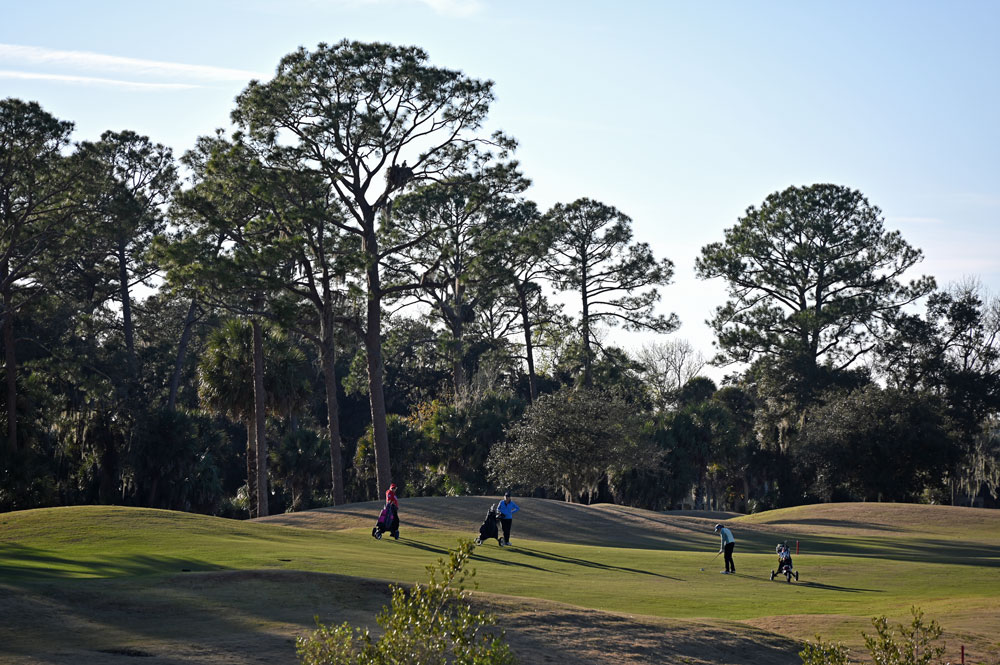City Council’s Stance on Palm Harbor Golf Course
A significant majority of the Palm Coast City Council, with a 4-1 vote, has expressed opposition to selling the Palm Harbor Golf Club. However, they are open to the idea of outsourcing its management if the course fails to achieve financial stability under city oversight in the coming year. Essentially, city staff at Palm Harbor has been given an ultimatum.
Historical Management Issues
The council’s past decisions have not always reflected clarity. The golf course operated under private management by Kemper Sports from its opening in 2009 until 2017, during which it consistently posted financial losses, often exceeding recent deficits despite efforts from various councils to reach break-even.
Current Financial Outlook
Since Dennis Redican Jr. took over management, the course is projected to face a $100,000 deficit this year. Previous records reveal losses of $168,000 last year and $435,000 the year before, although the course nearly broke even during two prior years. These deficits must be covered by the city’s general fund, which has ample reserves.
Diverse Opinions on Future Management
Council member Charles Gambaro has been advocating for a sale, as long as the deed restricts use to golf, following his recent appointment. A vote in June resulted in a tie on the issue, but the most recent session saw Gambaro switch his stance as Council member Ty Miller joined the opposing side, leaving the sale off the table for the time being.
Community Commitment and Proposal Requests
Mayor Mike Norris and Council member Theresa Pontieri have emphasized a desire to maintain the course under city management, with a review scheduled for 2026. Norris expressed openness to reconsider outsourcing or selling, but firmly opposed the latter, garnering applause from the audience. Pontieri raised concerns about the potential negative impact on city staff and the community, urging patience to assess recent operational changes.
Revenue Generation Considerations
There have been discussions about revisiting the lease with Loopers, the course’s restaurant, to secure a share of alcohol sale profits, similar to revenue agreements in other cities. However, Loopers has shown no interest in renegotiating, leaving financial possibilities limited at this time.
Conclusion: Future Uncertainties
While the immediate threat of selling the Palm Harbor Golf Course has been alleviated, the pressure remains on city management to improve financial performance. The council’s decision-making reflects a complex interplay of community interest, past management experiences, and ongoing financial challenges.



